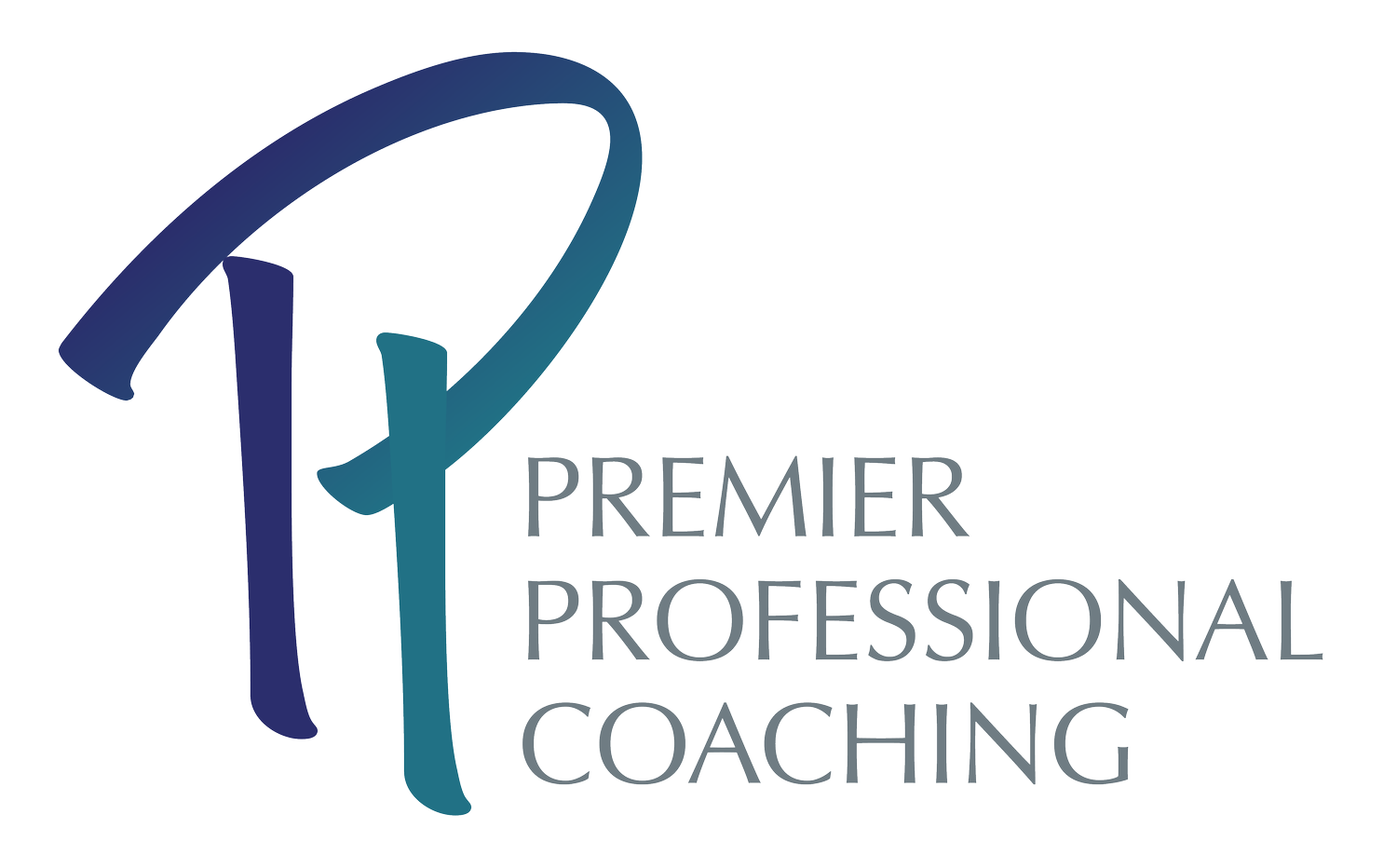Leadership Book Review Blog: The 7 Habits of Highly Effective People
I’ll start by saying this, this book is not what I expected. The book was written in 1989 by Stephen R. Covey and I have heard it referenced and talked about in management circles since I entered the workforce. The title, and perhaps influence from other sources about “being effective,” led me to believe the book would talk about how successful people create habits within their schedule. For example:
Wake up early to ensure you get 30 minutes of exercise in daily.
Have quiet, reflection time while the kids are still sleeping.
Eat a hearty breakfast because it’s the most important meal of the day.
Save time and money by packing a lunch every day.
Wrap up work at exactly 5pm because time blocking is important.
Eat dinner with your family and help your kids with their homework.
Spend an hour at night reading and keeping your knowledge current.
How could you not be successful doing all those things? Well, I was shortsighted and wrong. There is much more depth to the 7 habits and I am glad this book finally made it through my rotation.
While reading this book, I came across so many quotes, stories, and anecdotes that I have heard over the years that I didn’t realize came from this book. Stephen Covey did a masterful job of pulling together so much information and synthesizing it in a way that readers remember and often regurgitate to help others understand the concept.
The 7 habits themselves are not complicated and we can learn them.
Be proactive
Begin with the end in mind
Put first things first
Think win/win
Seek first to understand, then to be understood
Synergize
Sharpen the saw
Where I’ve seen people struggle over the years is first, changing their perception of control, or lack thereof. Covey addresses this right off the bat. Yes, I was highlighting things in the foreword before I even got to the heart of the content.
“Blaming everything and everyone else for our problems and challenges may be the norm and may provide temporary relief from the pain, but it also chains us to these very problems. Show me someone who is humble enough to accept and take responsibility for his or her circumstances and courageous enough to take whatever initiative is necessary to creatively to work his or her way through or around these challenges, and I’ll show you the supreme power of choice.”
Some examples that I often hear:
· “I don’t have the resources I need to solve this problem.”
· “I brought this up to my manager and nothing changed.”
· “My kids always want fast food, so that’s what I have to eat.”
· “My spouse keeps junk food in the house, so I just eat it even though I don’t want to.”
· “I have to catch up on emails at 11pm because that’s the only time I have to do it.”
We do not have to be victims of our circumstances. We do have the power of choice and we have the power to make good choices, over and over again.
Before coaching someone through habit creation, the first thing I have them do is to get clear on their values. Oftentimes goals and habits fall through because they aren’t aligned with what is most important to us. It’s just something we think about doing in the moment and then we allow other priorities to overtake the habits we are trying to create.
Once a client is clear on their top values, it’s time to start thinking about new habits. Covey described a habit as the intersection between knowledge (what we want to change and why), skill (the know how), and desire(the want to or motivation).
Covey provides you the knowledge component for the 7 habits in this book, striking a really nice balance between how the habits can help you be more effective at home and at work. It is up to you to decide if you want to make these changes and then put the skills into play and practice them.
Let’s face it, no one reads a Leadership Development book and instantly becomes a better leader. You have to apply the skills and its often awkward at first. Practice them, and fine tune them. Let your family and your colleagues know what you are working on so they can share feedback on your progress and keep you accountable.
Don’t make the same mistake I did, overlooking the value this book adds because you feel pretty effective already. You will learn something from this book, even if it’s just a fun way to make people laugh in a crowded elevator.
